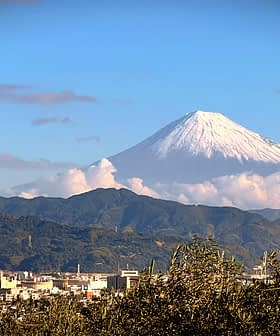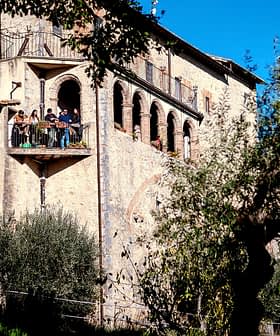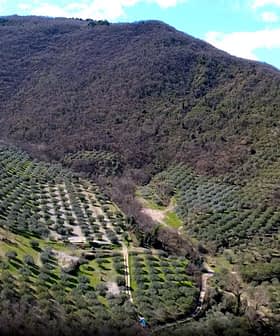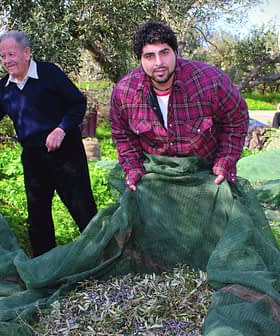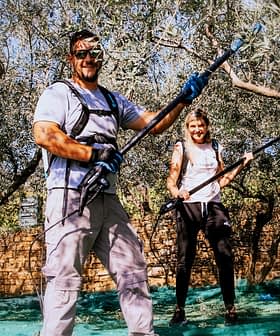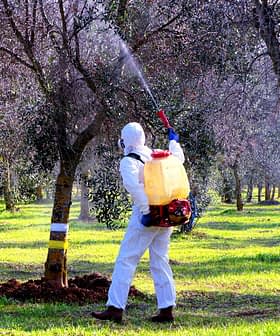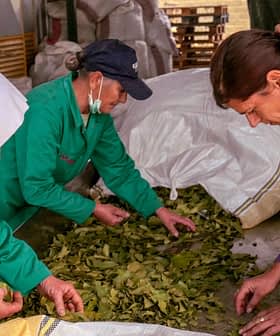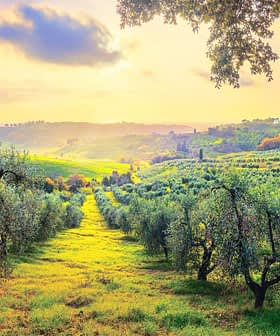Tradition, Technology Yield Winning Results for Southern Italian Producers
Producers from Puglia, Basilicata, Calabria and Campania overcame extreme weather, drought and pests to win awards at the World Competition.
 (Photo: Albori)
(Photo: Albori) Southern Italian olive growers from regions such as Puglia, Basilicata, Calabria, and Campania overcame weather challenges to win top awards at the NYIOOC World Olive Oil Competition, with producers from Puglia being particularly successful. Producers like Azienda Agricola Sanarica and Albori in Puglia, and Azienda Agricola Case d’Alto in Campania, were recognized for their high-quality olive oils and dedication to preserving local cultivars and traditions.
The resilience of southern Italian olive growers has again been confirmed at the NYIOOC World Olive Oil Competition.
Dozens of producers from Puglia, Basilicata, Calabria and Campania overcame weather extremes and drought during the 2022/23 crop year to win the industry’s most coveted awards at the annual olive oil quality competition.
Producers from Puglia were among the biggest winners from southern Italy, which is far from surprising since it is the country’s most significant olive oil-producing region.
See Also:The Best EVOOs From Italy“[These awards are] an excellent result that rewards the quality and the undisputed value of our olive oil production,” Donato Pentassuglia, Puglia’s secretary of agriculture, told Olive Oil Times.
Alluding to the dozens of Gold and Silver Awards won by Apulian olive oil producers, Pentassuglia said the wins “make me very proud, both as an Apulian citizen and as regional secretary of this extraordinary food sector.”
“The results that we achieve are proof of how vital the olive sector is, despite the climatic, phytopathological and economic difficulties that are putting a strain on the resilience of the entire sector,” he added.
“We owe [these awards] to the work of our companies, to their mastery, care and productive capacity and the enhancement and promotion of excellent olive oil products from different cultivars in our land,” Pentassuglia continued.
“All this makes us understand that we have taken the right path in supporting companies to enhance and promote [their products] that can increase [their] visibility and knowledge abroad, developing competitive advantages related to the conquest of new and important market shares,” he concluded.
Among the Apulian winners was Azienda Agricola Sanarica, which earned a Gold Award for its Ulivè Grand Cru.
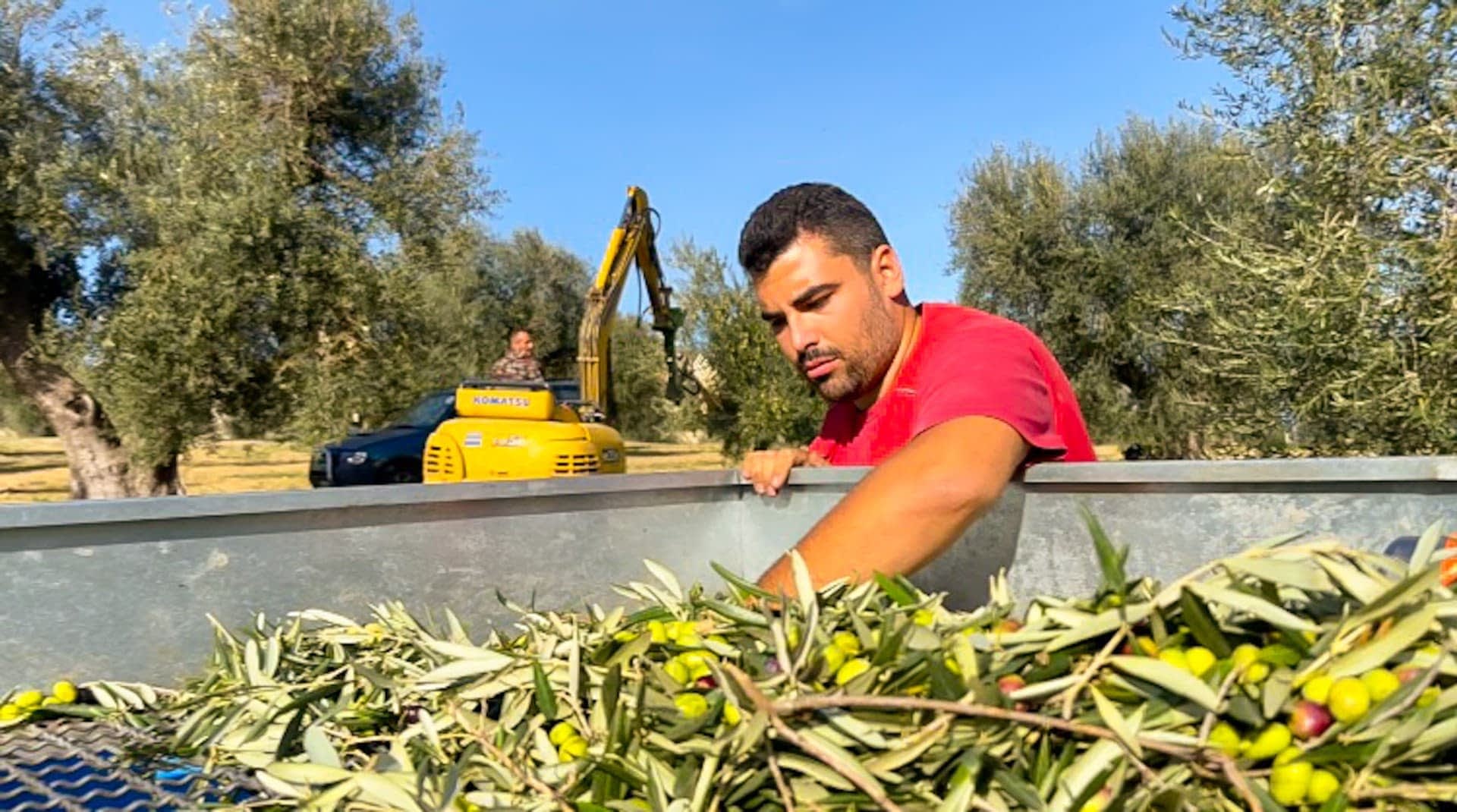
(Photo: Azienda Agricola Sanarica)
The young company attributed its success to the family’s century-old tradition of olive growing. Owner Emmanuel Sanarica said entering the competition is important for any producer to compare their quality with the best in the world.
“Winning a Gold Award fills us with pride,” he told Olive Oil Times.
Sanarica described Ulivè as a medium-intensity blend of 10 different varieties. “It is crafted to be a trigger of flavors, which also means that it will not overwhelm different foods but will exalt them,” he said.
Over four generations, Sanarica’s family has worked in the fields of Montemesola, not far from Taranto, located on the Ionio coast. “A unique relationship developed over time with one of the most ancient farmhouses in the region and this extraordinary territory,” he said.
Sanarica attributed the success of his grand cru at the World Competition to the family’s farming tradition coupled with state-of-the-art technology.
Not far from Sanarica’s family farm, the producers behind the Albori project also celebrated a Gold Award for their Peranzana extra virgin olive oil produced in Foggia, the northernmost province of Puglia.
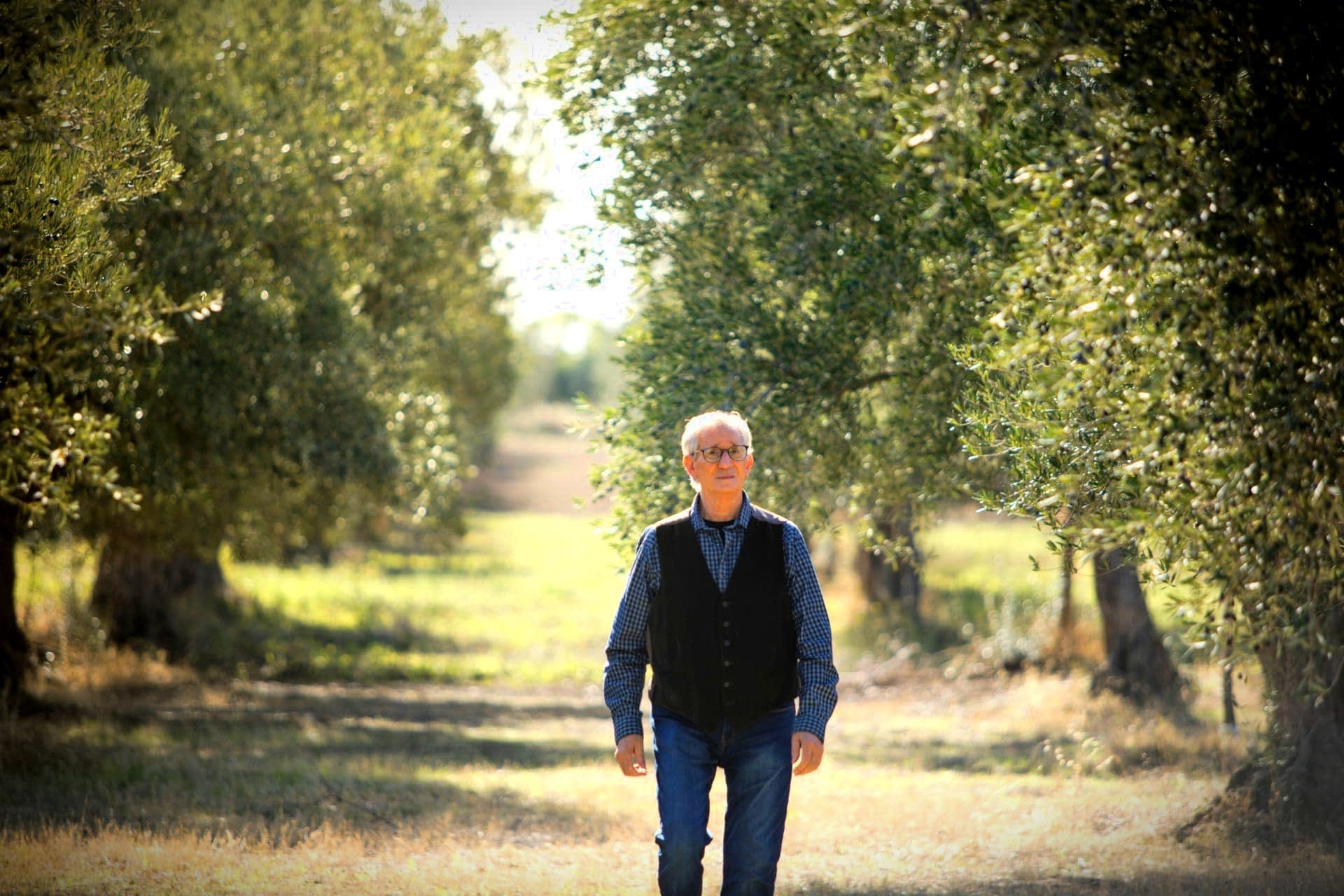
(Photo: Albori)
Albori comprises a network of small growers working to produce high-quality olive oil. The project has been around for two seasons before winning the award.
“That is one of the reasons that the Gold Award made us so happy,” founder and coordinator Luca Iannone told Olive Oil Times. “This project was born as a bet to see if local growers could work together to give value to an exceptional but often neglected olive cultivar, Peranzana.”
“By submitting our product in New York, we wanted to understand if our Peranzana could be appreciated elsewhere as much as we appreciate it here,” he added. “The results give new value to the growers behind such efforts.”
The project aims to raise awareness of the local cultivar in a region defined by fragmented olive groves that were previously unable to achieve the scale of other Apulian producers.
“Many relevant Apulian producers have seen their olive oils succeed thanks to exceptional cultivars that thrive in the region, but the Foggia territory and its Peranzana olives have historically fallen behind,” Iannone said.
Meanwhile, to the southeast of Foggia, in Irpinia, Campania, the producers behind Azienda Agricola Case d’Alto earned a Gold Award for its organic Coevo Ravece, a fruity and pungent extra virgin olive oil from one of the most ancient cultivars grown locally.
“Looking for high quality, in our case, means harvesting early to avoid the attacks of the olive fruit fly,” owner Claudio De Luca told Olive Oil Times. “That results in a low yield and higher costs, but it also brings exceptional quality. Our olive oil has a healthy profile given the high presence of polyphenols.”
De Luca added how the company has long taken care of century-old Ravece olive trees and, ten years ago, expanded the grove.
“Following the advice of the agronomist, we planted Ravece and Ogliarola olive trees,” he said. “The Ravece trees can take up to seven years before entering production, but they are worth the effort. It is a cultivar highly resistant to cold, providing an abundant yield. That is also why many are now planting Ravece in several areas of the country.”
Along with following an organic farming regime, the company has deployed technology to monitor precipitation levels and olive fruit fly development, so the harvest can eventually be anticipated.
Another example of southern Italian resilience comes from Calabria, Italy’s second-largest olive oil-producing region.
The producers behind Olearia San Giorgio celebrated earning a Silver Award for its L’Aspromontano brand.
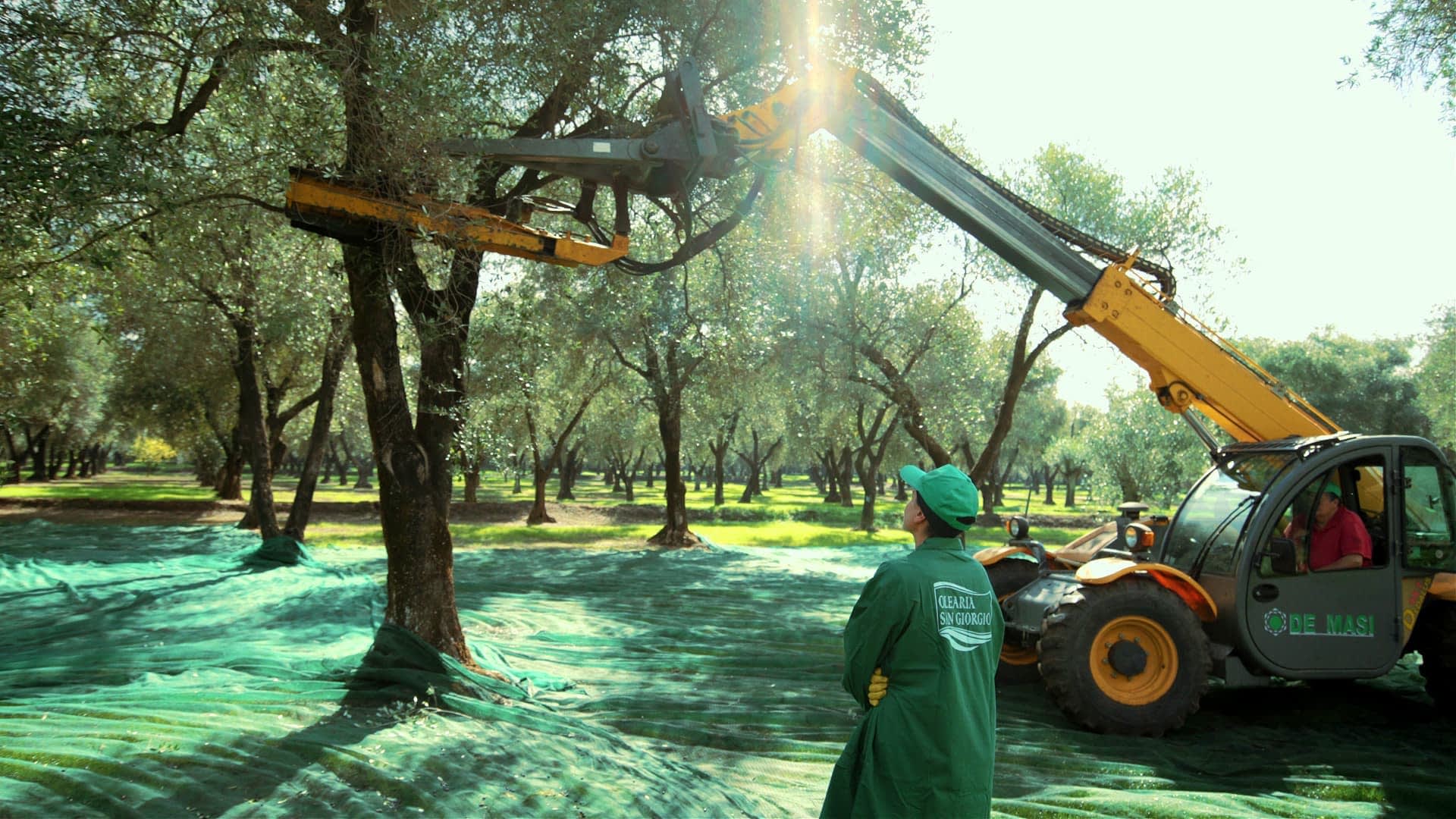
(Photo: Olearia San Giorgio)
The century-old family farm is run by five brothers, who have introduced innovation and new technology to the olive-growing operations.
“Since 1992, we transformed some of these groves once used to produce lampante olive oil as fuel for lamps in modern-day olive groves capable of producing some of the best extra virgin olive oils in the world,” co-owner Antonio Fazari told Olive Oil Times.
Their winning blend is made from Carolea, Sinopolese and Ottobratica olives.
“Together, these cultivars convey the region’s olive culture into one olive oil,” he said. “The resulting quality is an olive oil that does not cover the aromas and the flavors of food but merges them beautifully.”
Share this article


